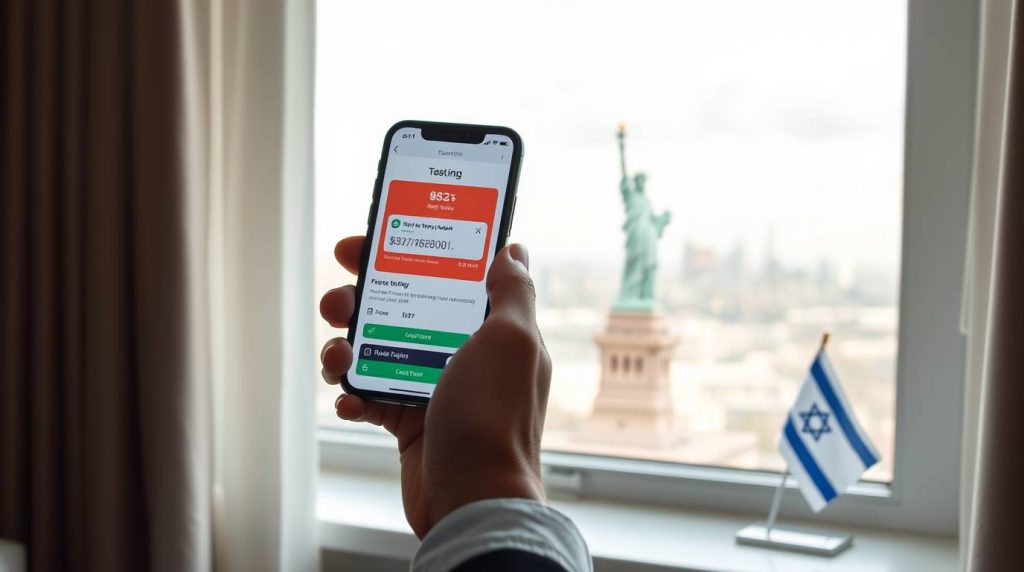Sending money across borders has never been more common—or more personal. Whether you’re supporting family, paying for services, or investing overseas, the ability to wire money to Israel is essential for many people around the world.
If the idea sounds complicated, don’t worry. Once you understand the basics, wiring money becomes a simple part of life—almost as easy as sending a message.
Why Wire Money to Israel?
People choose to wire money to Israel for all kinds of reasons. Some send support to family in Tel Aviv or Haifa. Others pay for services like real estate, legal help, or tuition. And many invest in Israel’s booming tech industry.
Behind each transaction is something meaningful: a connection, a goal, or a dream. That’s why finding a fast and secure way to wire money to Israel matters so much.
How Wire Transfers Work
A wire transfer is an electronic way to move money from one bank account to another. When you wire money to Israel, your financial provider communicates directly with a bank in Israel to deliver the funds.
To send a transfer, you’ll need the recipient’s name, their bank’s name, account number, and an IBAN or SWIFT code. It’s important to double-check all details—mistakes can cause delays or send money to the wrong place.
Depending on the method, transfers can take anywhere from a few hours to a few days.
Choosing the Right Way to Send
You have several options when you want to wire money to Israel. Traditional banks are reliable, but often slow and expensive. Online platforms like Wise, Remitly, Western Union, and OFX offer faster service and better exchange rates.
Each service has its own pros and cons. If you care most about speed, look for platforms offering instant or same-day delivery. If low fees are your goal, compare rates and costs carefully.
No single method works best for everyone. Your choice depends on your priorities and how often you send.
Security First
When transferring money internationally, security is everything. Make sure you use a reputable provider with strong encryption and fraud protection.
Avoid using unknown apps or suspicious websites, even if they advertise low fees. It’s always safer to stick with services that are licensed and well-reviewed.
Before you wire money to Israel, confirm the recipient’s information directly—never rely only on text or email.
What About the Exchange Rate?
A hidden cost when you wire money to Israel is the currency conversion. Banks and some services add a markup to the exchange rate, which means your recipient gets less than expected.
Before sending, check the current mid-market rate (the real one used between banks) and compare it to what your provider offers. A small difference in rates can have a big impact, especially on larger amounts.
Some services like Wise are more transparent—they show the real rate and exact fees upfront. That kind of honesty makes planning much easier.
Personal Transfers vs. Business Payments
Wiring money to individuals is usually straightforward. But when sending funds to a business—like for a service or invoice—there may be extra steps involved. You might need to include a payment reference or send supporting documents.
Large business transfers can also trigger compliance checks, especially if they happen often. If you’re wiring money for professional reasons, talk to your accountant about taxes or reporting rules.
Sending Money Regularly
If you wire money to Israel on a regular basis—for example, monthly support for family or tuition payments—consider setting up automatic transfers. Many online services let you schedule payments, so you don’t have to remember each time.
This can also help lock in favorable exchange rates and avoid missed deadlines. Just make sure there are enough funds in your account to cover each transfer.
Timing Matters
When you send money to Israel, the timing can affect how quickly it arrives. The Israeli business week runs from


 Studio
Studio